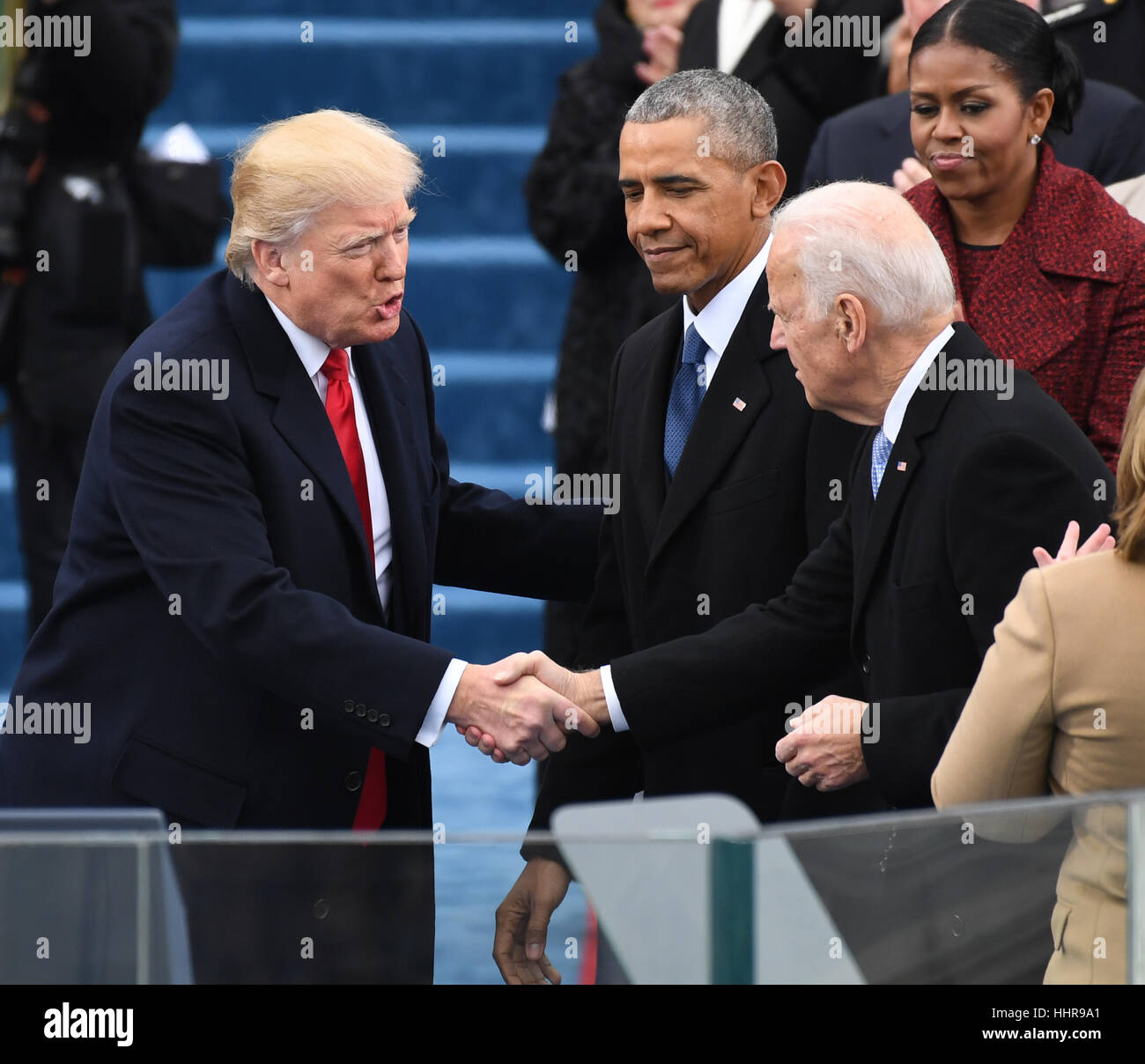For pair programming it works well with Vigor 👍
Riskable
Father, Hacker (Information Security Professional), Open Source Software Developer, Inventor, and 3D printing enthusiast
- 1 Post
- 81 Comments

 41·24 days ago
41·24 days agoNo, actually. The current GOP stance on compulsory schooling is, “no”. They really don’t believe every child should be educated.
I’m not even talking about kids with special needs or “just minorities”. They really don’t believe in compulsory education. It’s considered government overreach.
The ideal GOP educational system is 100% private and only those who can afford it get to go. They couldn’t care less about literacy rates.
They want the Bible taught in schools but they don’t want kids to actually read it. That would reveal what’s in it (liberal stuff everywhere!), after all.

 3·28 days ago
3·28 days agoTAR LAZER!

 1·29 days ago
1·29 days agoRemoved by mod

 22·1 month ago
22·1 month agoI can’t help but wonder if it’s 80% from old, Republican women because there just aren’t as many old, Republican men. They don’t live as long as Democrats:
(Yes, it’s true: Republicans policies and lifestyles literally result in more unnecessary/early deaths… It’s right there)
Or it could be that old, Republican men still haven’t figured out how to copy & paste a URL or use the share/retweet buttons 🤷

 1·1 month ago
1·1 month agoThe truth is that Republicans shoot Republicans. Just ask Dick Cheney.

 4·1 month ago
4·1 month agoMeal Team Six is sitting down and standing by.

 1·1 month ago
1·1 month agoOh he’ll still vote, providing the justice system yet another opportunity to demonstrate how it isn’t even remotely fair or just.

 9·1 month ago
9·1 month agoIt was only an incident because the package was missing the promised sweat and tears.

 8·2 months ago
8·2 months agoHe and his Republican allies know it’s not a workable plan. Which is why they’ll compromise, using more efficient methods of removing these people as well as their political enemies.
Ovens are cheap.

 13·3 months ago
13·3 months agoBeing very factual is what makes it liberal news. It’s so slanted, in fact I don’t think a single liberal would deny that this is exactly why they tune in! The savages are literally just listening to what they want to hear!

 3·3 months ago
3·3 months agoIf you’re putting in a dishwasher just drill the holes. Your landlord will thank you for saving them the trouble of having to do that themselves some day.
I don’t think any normal landlord would give two shits about some dishwasher-hose-sized holes drilled under a sink, between internal cabinet walls, that no one will ever see. Such holes are so far back and out of the way… No one would ever notice unless they’re missing.

 281·3 months ago
281·3 months agoWait: Do the times listed on the screen of your washer/dryer actually reflect reality‽
My dryer will say it’s got 20 minutes remaining for like an hour and a half. And yes, I clean the lint screen and vent regularly (all the way up to the roof!).

 1·3 months ago
1·3 months agoSigh. They’ll blame anything and everything as long as it doesn’t involve self reflection or… Reality.

 32·3 months ago
32·3 months ago“Everything Joe Biden touches turns to shit,” -Trump
That’s a bold thing to say


 6·3 months ago
6·3 months agoAt least they’ve moved beyond blaming “the gays” for stuff like this 🤷

 41·3 months ago
41·3 months agoOh? So what you’re saying is that the left is lacking in Diversity, Equity, and Inclusion? Perhaps we should implement some of these anti-conformist ideals in the form of training programs?

 32·3 months ago
32·3 months agoThis is the type of thing you do after you have obtained and locked in your power. Not when you’re about to lose the House and have already lost the Senate and are likely to lose the presidential election.
So please continue, GOP. Show the country what you’re made of (MAGA sycophants/pro-insurrectionists/traitors). Not only that but keep it up! Don’t ever change, even after Trump is broke and rotting away in prison.
Change is for liberals!
Maybe the Democrats will get a supermajority in the Senate and actual governing can take place.

 5·3 months ago
5·3 months agoNo, you can always pretend! Just like DeSantis pretends to govern with useless garbage laws like this.
To be fair, is as “new” as what the major record labels put out!